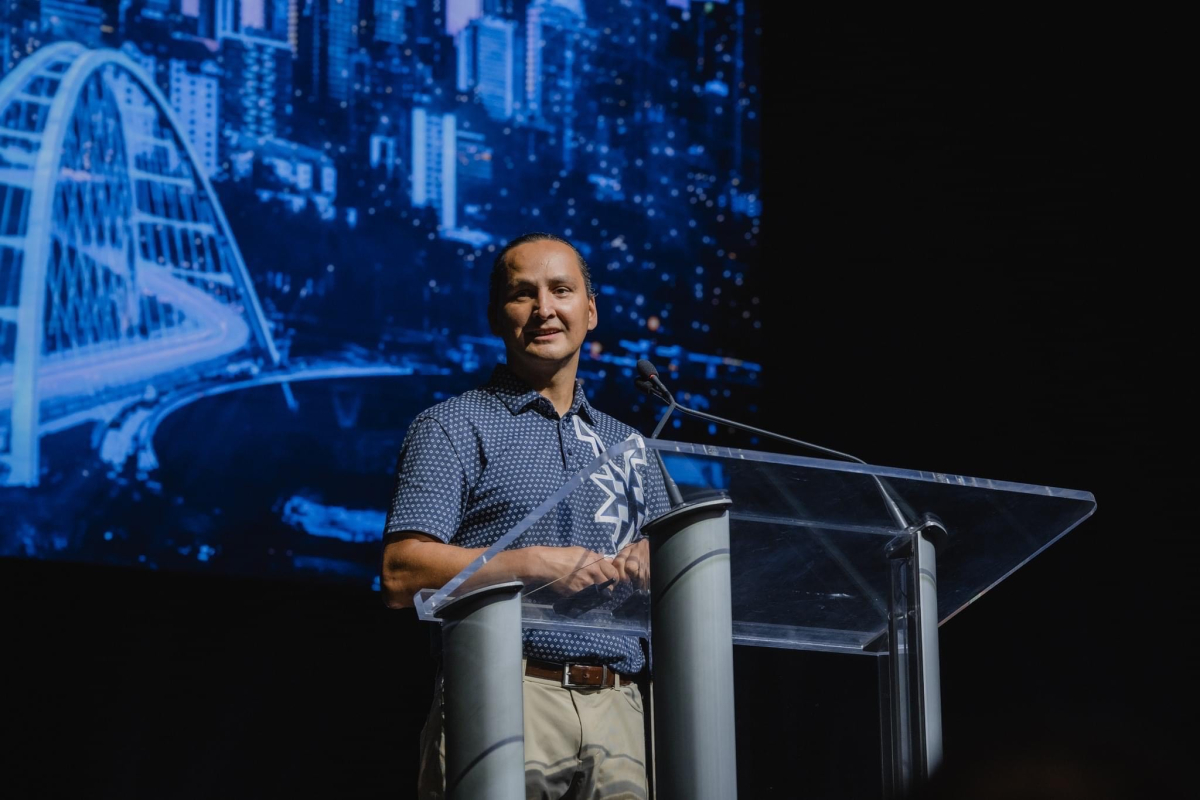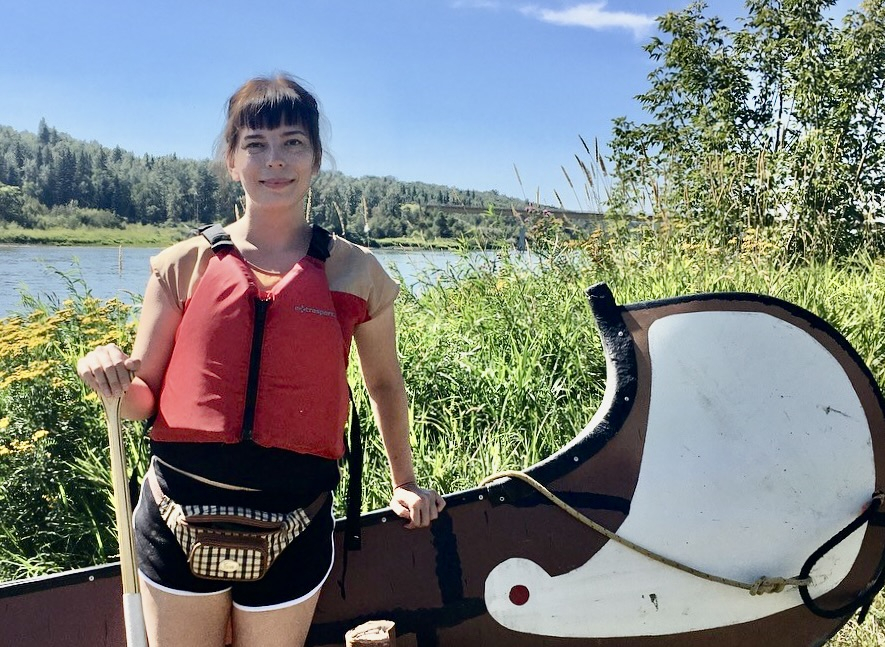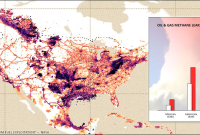Support strong Canadian climate journalism for 2025
When Cowessess First Nation wanted to farm their own land in 2018, large non-Indigenous companies refused to extend them a line of credit, said former chief Cadmus Delorme.
It wasn’t that the land, about a 90-minute drive east of Regina, couldn’t be farmed. The First Nation had watched non-Indigenous farmers grow food on their land for years.
Instead, Delorme said, barriers laid out in the Indian Act stood in their way.
“The Indian Act is not business-friendly,” Delorme said.
When the act was created, Canada’s policy was to eliminate the Indigenous worldview, including the economies of Indigenous people, he said. Despite revisions, some sections of the act, such as Section 61, which references loans, still restrict First Nations’ sovereignty over their money, he added.
It took two years for credit companies to cave and realize partnering with the Cowessess First Nation wasn’t high risk, Delorme said. Now, the First Nation farms 7,000 acres of their land, creates jobs and turns a profit.
No longer chief, Delorme has created his own Indigenous-led consulting firm, OneHoop, to help First Nations bridge the gap between business and reconciliation. He is behind just one of many Indigenous-led consulting firms working to bring economic reconciliation to the forefront of the minds of corporate Canada. But they say more are needed to meet a growing demand.
Corporate Canada simply doesn’t know how to work with Indigenous people, said Sxwpilemaát Siyám (Chief Leanne Joe).
A hereditary chief of the Squamish Nation, the Transformative Storyteller for Economic Reconciliation at Simon Fraser University and a consultant, Sxwpilemaát Siyám said she hears the phrase “I don’t know where to start” all too often.
Sxwpilemaát Siyám’s advice is to pick one action, commit to it, be willing to fail and prepare to be uncomfortable.
“This is not easy work. This is going to challenge your worldview, it's going to challenge so much of who you are as a human being. But if we don't do it, then who will?” she said.

This is where consultants like Delorme play a valuable role.
Delorme said he hopes OneHoop can help corporate Canada understand the importance of Indigenous procurement policies, which would allow Indigenous governments and businesses to buy goods and services in culturally appropriate ways. He also wants to help non-Indigenous companies partner with Indigenous governments, and First Nations to become more economically self-sufficient.
The booming business for economic reconciliation
Devin Gambler, a member of Bigstone Cree Nation, founded Pamihtâw Consulting Inc. seven months ago. He consults on project management, communications, funding and more for Indigenous and non-Indigenous clients.
He doesn’t have a marketing budget. Clients usually find him through his posts on LinkedIn.
“It's brought me enough work, more than I can handle, so that I'm actually looking to hire here within the next month or two,” he said.
Gambler thinks his business boom is due to a couple factors: First Nations now realize they can hire other Indigenous people who share their values and experiences as consultants. And non-Indigenous people see they will miss out on opportunities if they don’t partner with First Nations, he added.
“If you're not doing business with Indigenous people, their nations, or companies, and — I'm blunt — you're stupid,” he said.
Indigenous-led business is on the rise in Canada. In 2020, Indigenous people contributed approximately $49 billion to Canada’s GDP, up around $8 billion from 2012, according to Statistics Canada. Prior to the COVID-19 pandemic, this number was growing annually.
Indigenous consultants are part of a push to hold the federal government to account for the Truth and Reconciliation Commission’s Call to Action 92: reconciliation in business.
At OneHoop and Pamihtâw Consulting Inc., Delorme and Gambler said they hope to help non-Indigenous companies and governments genuinely consult with Indigenous communities affected by their work.
This comes as Canada attempts to implement the United Nations Declaration on the Rights of Indigenous Peoples Act after releasing an action plan in June, and some provincial governments across Canada are sidestepping their duty to consult with First Nations while working on Indigenous land.
Teddy Carter, a member of the Michel First Nation and a PhD candidate in business at the University of Alberta, says Indigenous consultants are essential because they have inherent cultural awareness.
“Cultural awareness isn’t something you can take a two-hour workshop on once and say, ‘OK, now I'm fit to work with Indigenous communities,’” she said.
However, no matter how much business Indigenous consultants get, Delorme said colonial laws like the Indian Act continue to work against First Nations in Canada. And as long as those laws are in place, systemic issues such as poverty and barriers to entry in business will continue to plague First Nations
“Indigenous people want parity in this country and parity like every other Canadian and corporation.”






Comments
The Indian Act reminds me of the song about the Black Fly, everywhere you turn the little black fly is there.
For North America, our respective "Indian Acts", remain pestilent holdovers from the grisly colonial genocidal era. These Acts are in desperate need of reform.